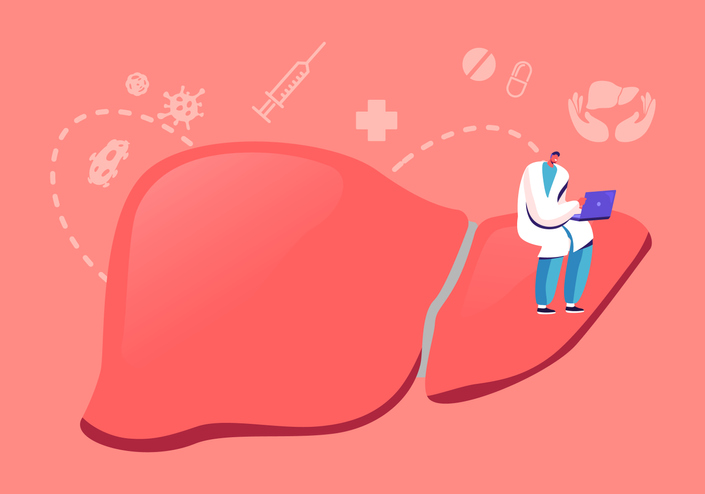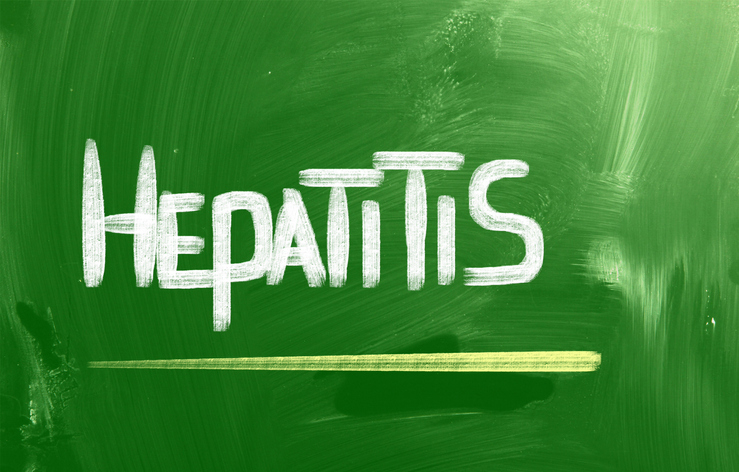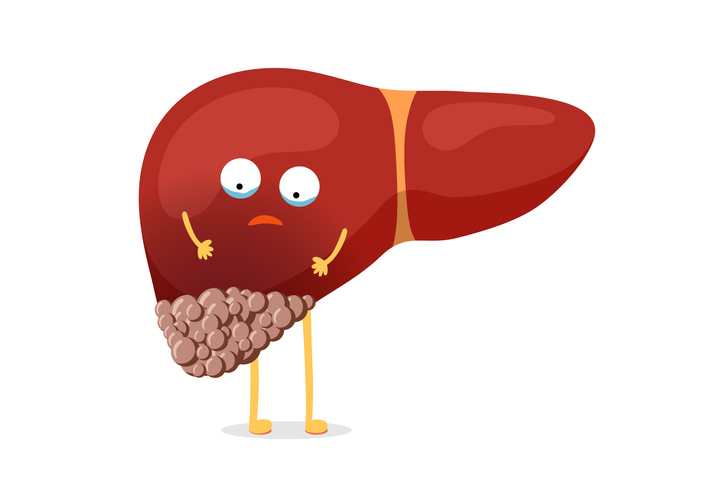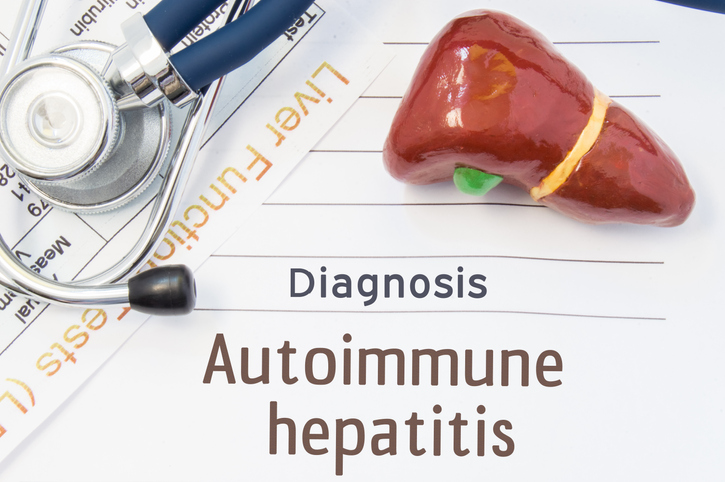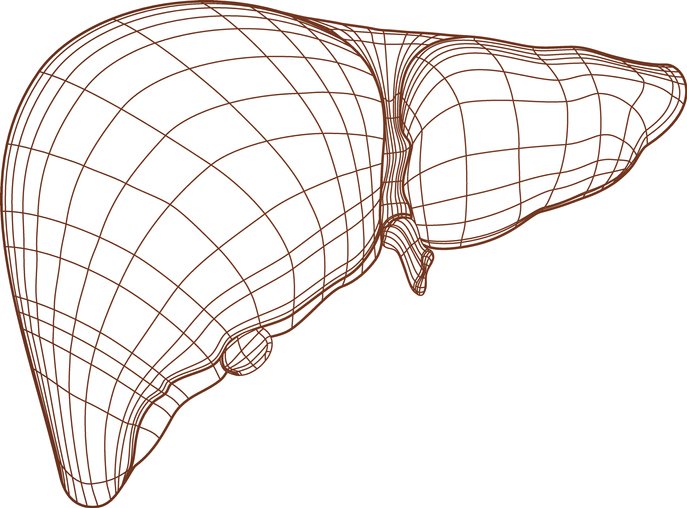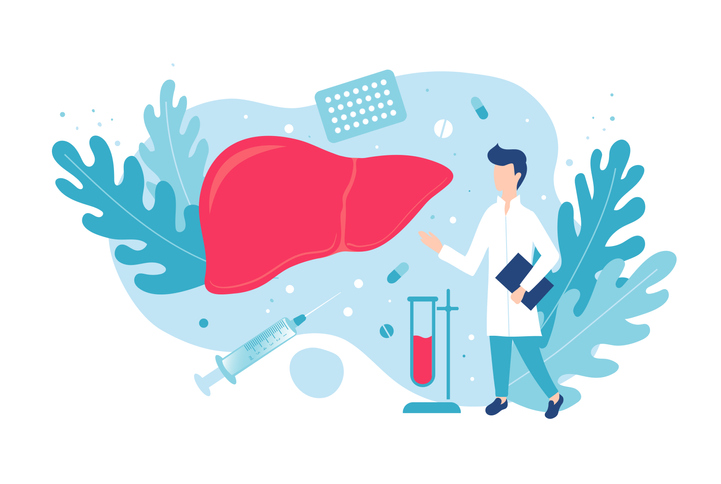Pain
Conventional Medical Treatments for Toxic Hepatitis

What is hepatitis?
Hepatitis is an inflammatory condition of the liver. It is categorized based on the cause of the condition: viral, autoimmune or toxic. Depending on the type of hepatitis, it is either acute (short-term) or chronic (ongoing).
What is toxic hepatitis?
Toxic hepatitis is caused by drugs, alcohol, or exposure to certain chemicals. There are three types of toxic hepatitis: drug-induced, alcohol-induced, and chemical-induced.
Treatments
The first step in treating toxic hepatitis is identifying the cause and stopping exposure to the substance causing the condition. In addition to stopping exposure, other conventional treatments for toxic hepatitis include supportive care, medications, or a liver transplant.
- Supportive care
In many cases of toxic hepatitis, once exposure to the substance has stopped, supportive care — rest, hydration, and the avoidance of substances (e.g., alcohol, acetaminophen, etc.) that may damage the liver — is the only treatment required. If symptoms such as nausea and vomiting are severe, hospitalization for intravenous fluid therapy may be needed. The liver may also need to be monitored for damage. - Medication
If toxic hepatitis is caused by an overdose of acetaminophen, the oral form of the medication acetylcysteine can help limit liver damage caused by the overdose. Acetylcysteine is most effective when given within 16 hours of the overdose, so emergency care is imperative. - Liver transplant
Severe liver damage due to toxic hepatitis can lead to liver failure. In this case, a liver transplant may be necessary. During this procedure, the damaged liver is removed and replaced with a liver from a healthy donor.
The liver is often able to heal itself, so early elimination of exposure to the substance that caused toxic hepatitis is usually enough to relieve symptoms and prevent further complications.
